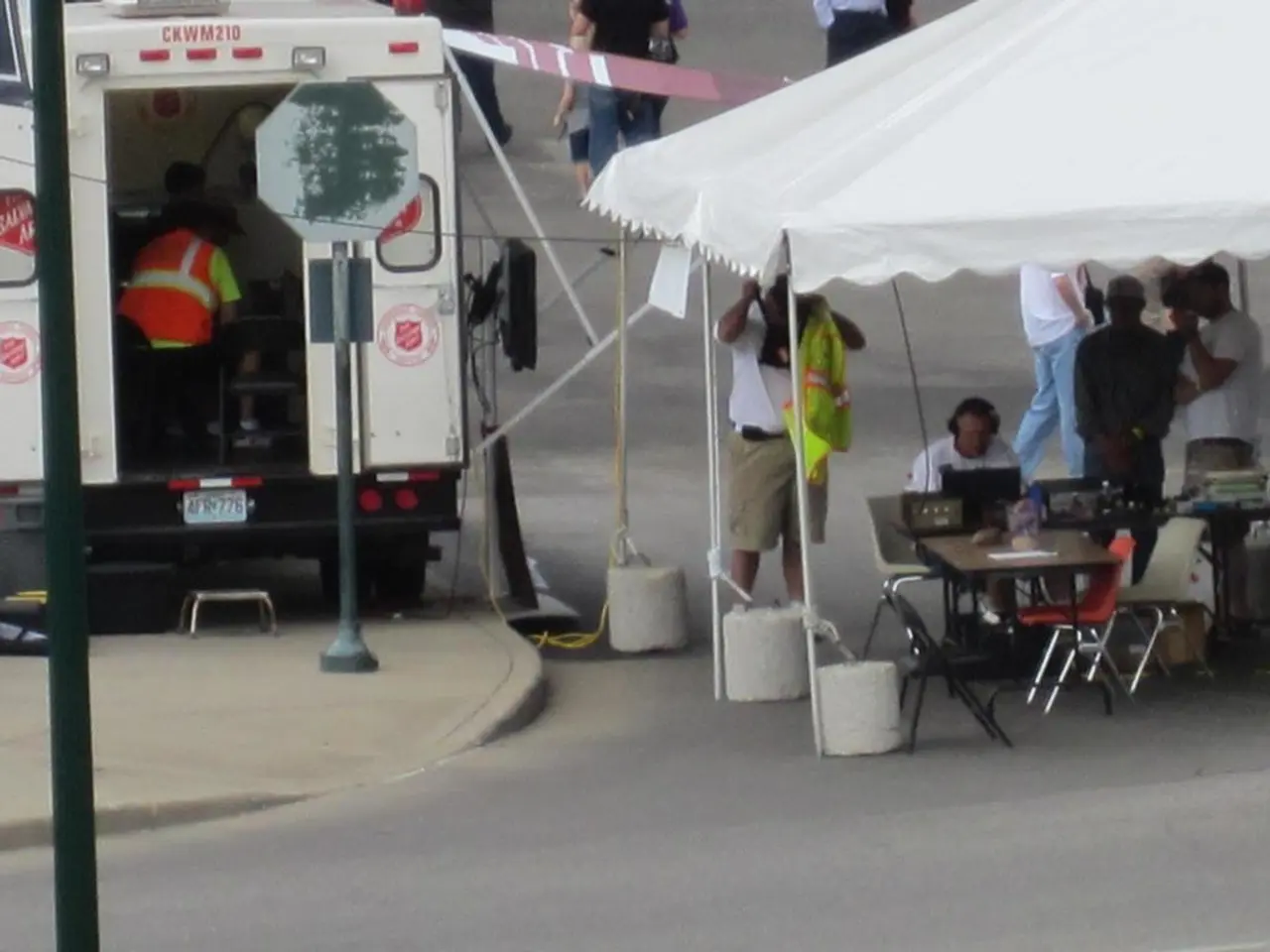Members of the British Parliament advocate for the passing of a legislation promoting assisted death
The Terminally Ill Adults (End of Life) Bill, which aims to allow adults with a life expectancy of six months or less to seek assistance to end their own life with the approval of two doctors and a High Court judge, has faced opposition from various religious and medical groups.
The UK Evangelical Alliance (EAUK) and similar groups have voiced principled ethical objections and specific criticisms of the bill’s safeguards and potential social impact.
Principled Opposition to Assisted Dying
The EAUK and many religious groups hold a fundamental objection to assisted dying on moral and theological grounds, emphasizing the sanctity of life and the risk of undermining society’s care for the vulnerable.
Risk to Vulnerable People
Prominent medical and religious voices, including the Royal College of Psychiatrists and Christian figures like Rev Dr Charlie Bączyk-Bell, argue that the bill may expose vulnerable individuals to preventable deaths and inadequate protections. Concerns include potential coercion, pressure on people with disabilities or mental health issues, and the inability of the law to sufficiently safeguard these groups.
Impact on Palliative Care and Hospices
Opponents worry that legalizing assisted dying might undermine the hospice movement, historically rooted in Christian compassion and offering a humanistic approach to end-of-life care. There is advocacy for increased government funding for palliative care rather than legalizing assisted suicide, reflecting concern that the bill detracts resources and focus from improving care for the terminally ill.
Insufficient Safeguards in the Bill
Critics note that the bill, as currently drafted, contains “holes” or loopholes that might lead to premature or ill-considered assisted deaths. There are calls for further careful medical, humanistic, and theological work before any law is passed.
Potential Divisiveness and Parliamentary Challenges
The bill’s progress faces delays and strong resistance in the House of Lords, with the risk that unelected lawmakers might face public backlash for obstructing what some see as a right for terminally ill adults. Amendments aiming to protect employers and staff from involvement in assisted dying (including hospices) were defeated, which has raised concerns among some groups about freedom of conscience.
Call to Action
Danny Webster, head of the EAUK advocacy team, encourages Christians to join the EAUK in advocating for the safeguarding of the dignity of all people at all points in life. Ross Hendry, CEO of CARE, suggests a national conversation on improving end-of-life and palliative care and strengthening support for marginalized groups. Gavin Calver, the EAUK CEO, has stated that this bill is the biggest proposed change to social fabric in a generation.
If approved again, the bill will move to the House of Lords for consideration next summer. The proposed law will return to the House of Commons for further debate in Spring 2025, likely on 25 April. The bill was supported by 330 votes to 275 in the British Parliament. The EAUK continues to work with other groups to highlight the bill's shortcomings and will ensure it does not become law.
Mental Health Implications in Therapies and Treatments
The Royal College of Psychiatrists and other medical professionals express concerns about the mental health implications of the bill, fearing that it may inappropriately impact individuals with mental health issues and potentially lead to preventable deaths.
Role of Science and Wellness in End-of-Life Care
With advocacy for increased government funding for palliative care, proponents of holistic health-and-wellness approaches argue that science and wellness-focused strategies should play a more significant role in end-of-life care, emphasizing mental and emotional support alongside traditional medical treatments.





